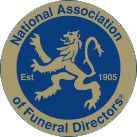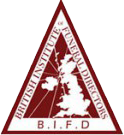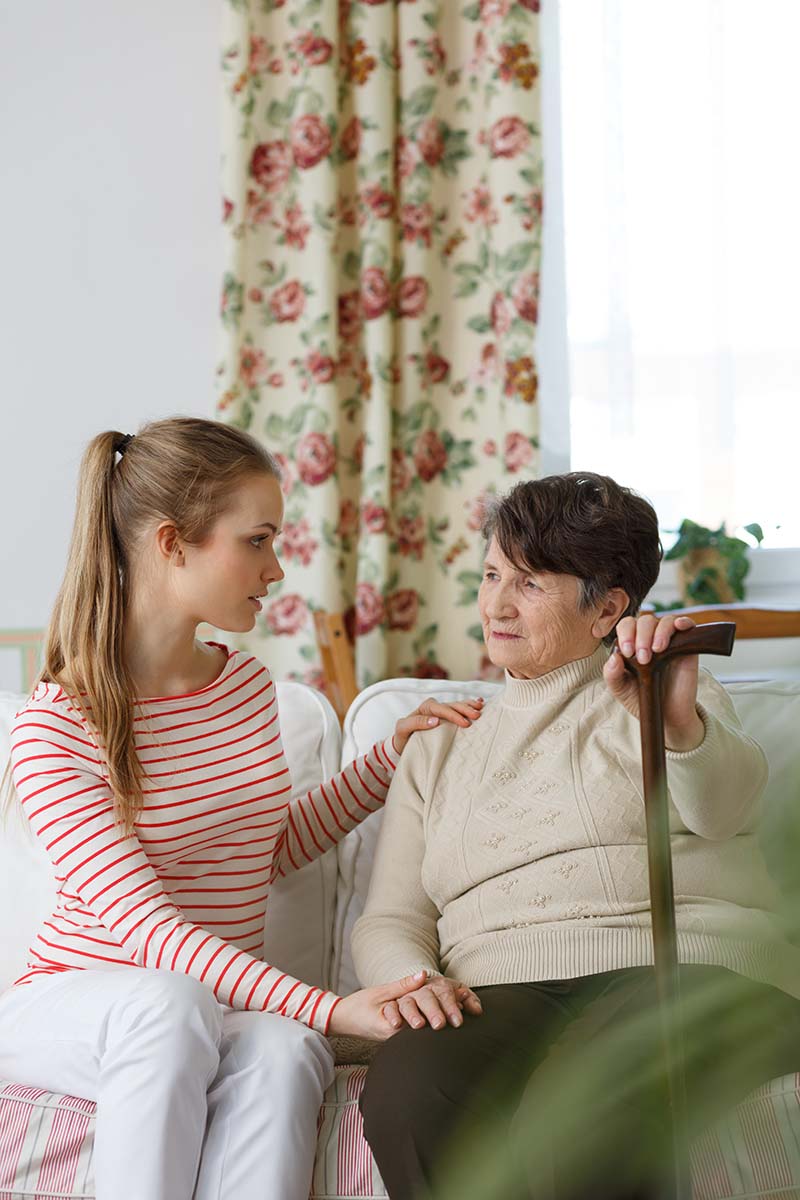What to do when someone dies
When a death occurs at home
If you are uncertain if someone has died then call the Doctor or dial 999 and ask for an ambulance.
If the cause of death cannot be determined or the deceased’s own Doctor cannot be contacted then the Doctor who attends to confirm death will refer the death to The Coroner, usually by contacting the police, who will arrange for the deceased to be taken to the Hospital. As soon as possible the Coroners Liaison Officer will contact the Doctor and relatives and advise on the appropriate course of action. In some cases where death is expected the GP may issue a Statement of Intent, this is a form confirming that if death occurs out of surgery hours he or she will be prepared to issue the medical certificate of cause of death and that he or she will be available for the next 14 days(ie not on holiday), this form will require reconfirming every 14 days. If this is in place then the Funeral director can take the deceased directly to their premises.
If possible please bring documents with you to confirm the details to be recorded about the person who has died are correct, such as a marriage/civil partnership certificate, birth certificate, passport or utility bill.
When death occurs in hospital
When death occurs elsewhere
Registering a death
Once the Doctor or Hospital has issued the Medical Certificate, the Informant must register the death within 5 days at the Register Office for the sub-district in which the death occurred. If this is not possible the Registrar must be informed. If the death occurred away from home, on holiday for instance, it may not be practical to register in that area. Under these circumstances there is a facility to register by declaration, for more information on this option please contact Hedley Jackson Funeral Directors or your local Register Office.
Some Register offices operate the Tell Us Once service which can be used to inform Government Departments and Local Council services, please contact us for details. Most Register Offices operate on an appointment basis. (see important contacts page for details). The Medical Certificate (of cause of death) must be given to the Registrar. The person registering the death will be asked for the following information about the deceased:
The date and place of death
The full name and usual address (and maiden name if applicable)
The date and place of birth
The occupation (and name and occupation of spouse if applicable)
The date and place of birth of any surviving spouse
The full name and usual address of the Informant
The qualification of the Informant.
If possible please bring documents with you to confirm the details to be recorded of the deceased are correct. E.g.Marriage/Civil partnership certificate, birth certificate, passport or utility bill.
The Registrar may also ask for the deceased’s Medical Card (However if this is not available it will not delay the registration) Death Certificates can then be obtained on payment of the prescribed fee, currently £11 each. These will be needed to deal with the affairs of the deceased, closing bank accounts and making claims on insurance policies etc. In most circumstances the Registrar will also issue a green Registrar’s Certificate for Burial or Cremation which will be needed by the Funeral Director. Also a white Certificate of Registration of Death – Form BD8 (notification to the Department of Work and Pensions).
The Coroner
Once a death has been reported to the Coroner he/she will decide what action is necessary following initial investigations of the facts surrounding the death by his/her officers. This may include a post-mortem examination to establish the cause of death which may result in a delay in making the funeral arrangements.
In the case of unnatural, unexplained, violent, or workplace deaths the Coroner will hold an inquest after a post-mortem. This will be open to the public and is to ascertain who the deceased was, how, when and where they died and the particulars legally needed to register the death. Sometimes an inquest can be opened and adjourned to allow the funeral to take place.
Further details on the roles and responsibilities of the Coroner are available in a booklet published by the Home Office entitled ‘The work of the Coroner’, a copy of which can be obtained from us.

Help with loss and bereavement



National Association of Funeral Directors
The Funeral Director Code guides the actions, behaviour and standards of NAFD funeral home and supplier members. It is designed to help those in funeral services to act in the public interest and aspire to the highest professional standards.

British Institute of Funeral Directors
Since 1982, the BIFD has grown into one of the leading providers of education within the funeral service, and its Diploma in Funeral Service is the highest qualification available to those in the profession.

